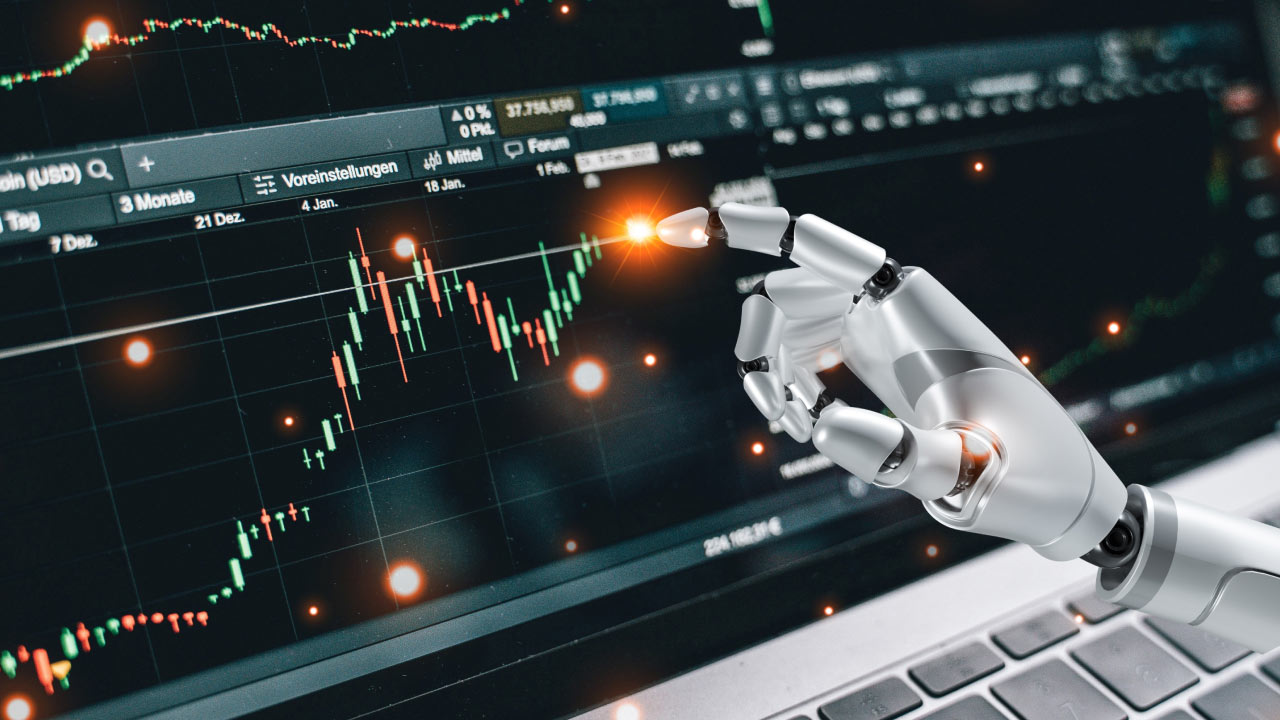
In recent years, the world of finance has experienced a profound transformation, driven largely by the increasing popularity and accessibility of online headway markets platforms. The concept of trading, once confined to stock exchanges and broker offices, has now entered the digital realm, empowering millions of individuals globally to engage in buying and selling financial instruments from the comfort of their homes. This technological advancement has opened up unprecedented opportunities for both novice and experienced traders, offering tools and insights that were previously reserved for professionals. The surge in online trading is a testament to how innovation and connectivity have revolutionized traditional financial practices and introduced a new wave of democratized investment opportunities.
Online trading encompasses a wide range of financial instruments, including stocks, currencies, commodities, indices, and cryptocurrencies. The versatility of platforms catering to these assets has made trading more appealing to a broader demographic, no longer limited by geography or institutional affiliation. One of the key factors contributing to the widespread adoption of online trading is the proliferation of mobile applications and user-friendly interfaces that simplify complex financial concepts for everyday users. These platforms often include educational resources, real-time market data, risk management tools, and social trading features, making it easier for individuals to learn and grow in their trading journey without needing a financial background.
Despite its advantages, online trading also presents certain challenges and risks that should not be overlooked. The volatility of financial markets can lead to significant gains but equally substantial losses, especially for those who trade based on speculation or insufficient knowledge. The accessibility of trading platforms, while empowering, also encourages impulsive decision-making, which may result in financial distress for undisciplined traders. Moreover, the proliferation of unregulated or fraudulent platforms poses a threat to users who may fall victim to scams or unethical practices. Therefore, it is essential for traders to conduct due diligence, seek reputable brokers, and implement disciplined strategies to mitigate potential risks.
Another important aspect of online trading is the influence of global events on market movements. Political developments, economic reports, central bank announcements, and global crises can all cause rapid fluctuations in asset prices, sometimes within minutes. This level of sensitivity requires traders to stay informed and be able to react swiftly to changing conditions. Many traders rely on technical analysis, chart patterns, and algorithmic tools to anticipate price movements, while others prefer fundamental analysis to understand the intrinsic value of an asset. The combination of these approaches, along with a sound risk management plan, can enhance trading success over time.
As online trading continues to grow, regulatory bodies worldwide are working to ensure that this expansion is accompanied by appropriate oversight and consumer protection measures. The future of online trading appears bright, driven by advancements in artificial intelligence, blockchain technology, and increasing financial literacy. However, it is crucial for individuals to approach this dynamic field with caution, preparation, and a continuous desire to learn. Online trading is not merely a shortcut to quick wealth but rather a discipline that requires strategy, patience, and resilience. As long as participants respect the risks and invest time in acquiring the necessary skills, the online trading ecosystem will remain a powerful force in the evolving landscape of global finance.
